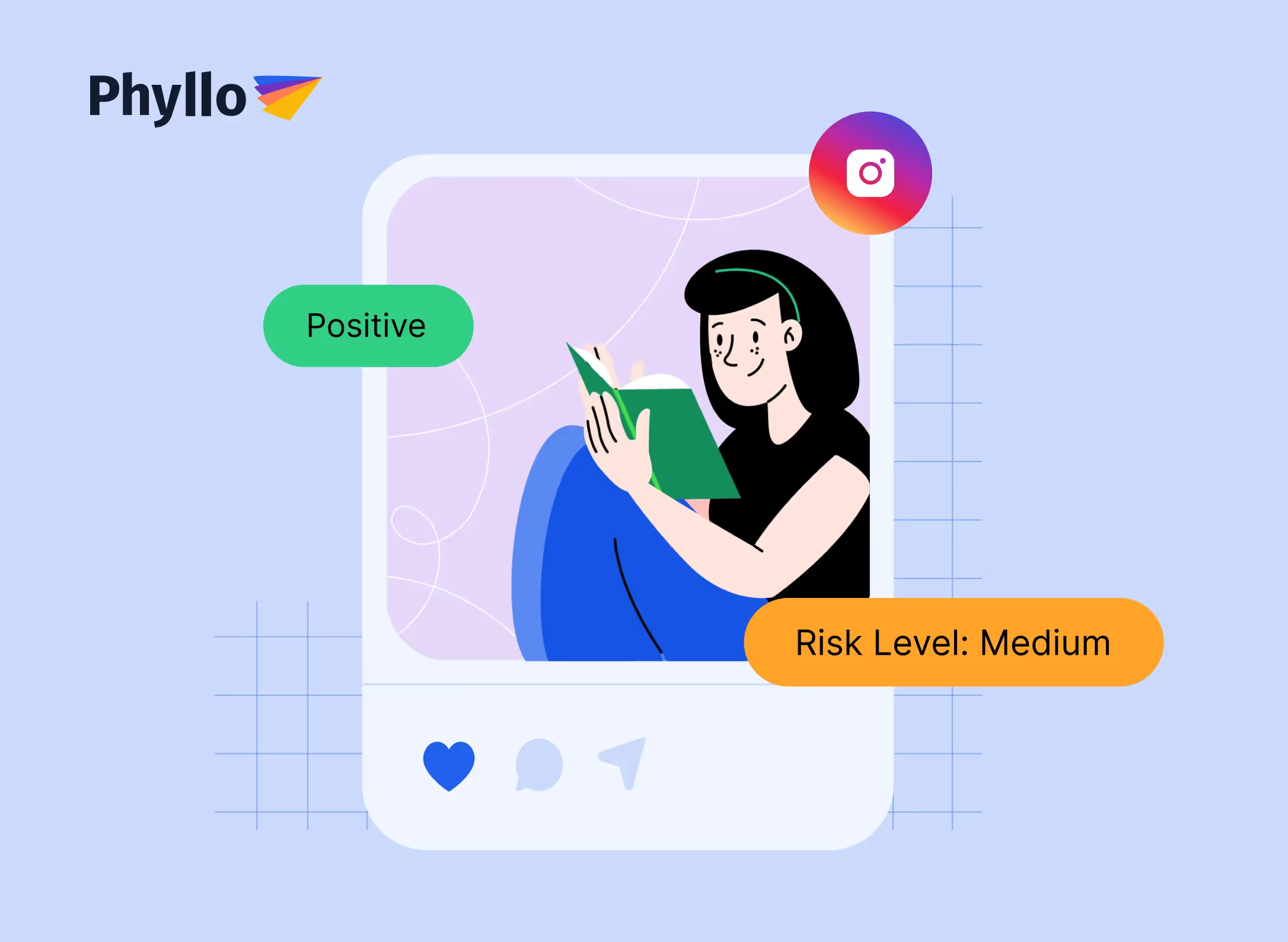The hiring process has evolved beyond resumes and interviews, with employers now turning to digital screening to uncover a candidate’s true professional identity. Your online presence-social media posts, portfolio work, and public interactions-acts as a living portfolio, offering insights into your expertise, values, and behavior. This FAQ guide breaks down how digital screening works, why it matters, and how to ensure your digital footprint works for you, not against you. Whether you’re preparing for a job search or simply safeguarding your reputation, these answers will help you navigate the complexities of modern recruitment with clarity and confidence.
1. What is digital screening?
Digital screening involves employers reviewing your publicly available online content-such as social media, blogs, portfolios, and public records-to assess professionalism, values, and behavior beyond your resume. It helps them build a holistic profile of your character and expertise.
2. Why do employers use digital screening?
Employers use it to verify cultural fit, identify risks (e.g., harmful behavior), and validate skills through public projects or endorsements. It complements interviews by revealing consistency in your professional persona and past conduct.
3. Is digital screening legal and ethical?
Yes, when limited to public data and compliant with privacy laws like GDPR or FCRA. Ethical tools avoid biases and focus on job-relevant traits, ensuring fair evaluations. Employers must disclose screening practices in most regions.
4. How do employers verify it’s really my profile?
They cross-check details like your name, email, work history, and photos across platforms. Advanced tools use geolocation or employment timelines to confirm authenticity and prevent identity mismatches.
5. What are employers looking for in digital screening?
Professionalism, expertise, and alignment with company values are key. Red flags include discriminatory remarks or confidentiality breaches, while positives include thought leadership or community contributions.
6. Can I prepare for digital screening?
Yes-audit profiles, privatize personal content, and highlight professional achievements. A polished online presence (e.g., LinkedIn articles, portfolios) can strengthen your candidacy.
7. Will digital screening affect my chances of getting hired?
It can help or harm: A professional profile adds credibility, while risky content may lead to rejection. Employers use it alongside interviews for a holistic review.
8. Does digital screening include private messages or accounts?
No-only public content is reviewed. Private chats, closed groups, or accounts set to “friends only” remain inaccessible unless voluntarily shared.
9. How far back do employers check my online history?
Most focus on recent activity (1–3 years), but viral or high-impact content may be reviewed regardless of age. Outdated posts can still resurface via cached data.
10. Can I dispute findings from a digital screening report?
Yes-request the report, clarify misunderstandings, and provide context. Ethical employers allow candidates to address discrepancies or outdated content.
11. Do employers screen all candidates or only finalists?
It varies: High-risk roles (e.g., executives) may screen early, while others wait until final stages to save time. Always assume your profiles could be reviewed.
12. Is digital screening used for remote and in-office roles alike?
Yes, but remote roles emphasize communication skills and self-discipline, while in-office roles prioritize cultural fit. Hybrid roles balance both factors.
13. What if I don’t have social media profiles?
No issue-employers rely on resumes, interviews, and references. Lack of profiles isn’t a red flag unless the role requires online engagement (e.g., marketing).
14. Are there industries where digital screening is more common?
Yes-finance, healthcare, and client-facing roles prioritize it due to reputational risks. Creative fields often review portfolios or public projects.
15. How can I turn digital screening into an advantage?
Curate profiles to showcase expertise, share industry insights, and highlight achievements. A proactive online brand demonstrates professionalism and initiative.
How Phyllo Enhances Digital Screening
Phyllo revolutionizes digital screening by automating and refining how organizations assess candidates’ or influencers’ online footprints. Its AI-powered platform scans content across social media, professional networks, and news sources-analyzing text, images, videos, and audio for risks and alignment with organizational values.
Key Contributions of Phyllo:
- Automation & Speed: Reduces manual effort by instantly collecting and analyzing data, delivering insights in minutes rather than days.
- Contextual AI Analysis: Detects nuanced risks like hate speech, toxicity, or unprofessional behavior by understanding intent, not just keywords.
- Multi-Platform Coverage: Reviews content across Instagram, TikTok, LinkedIn, YouTube, and more for a 360-degree view of a candidate’s digital presence.
- Customizable Risk Categories: Allows organizations to define specific red flags (e.g., violence, discrimination) tailored to their industry or culture.
- Bias Reduction: Applies uniform criteria to all profiles, minimizing subjective judgments and promoting fairer hiring decisions.
- Real-Time Alerts: Flags concerning content immediately, enabling HR or marketing teams to act swiftly.
- Scalability: Screens high volumes of candidates or influencers effortlessly, ideal for large-scale recruitment or brand campaigns.
Combining AI-driven insights with ethical screening practices, Phyllo helps organizations improve hiring quality, protect brand reputation, and foster culturally aligned teams.

.avif)









.avif)


.avif)


